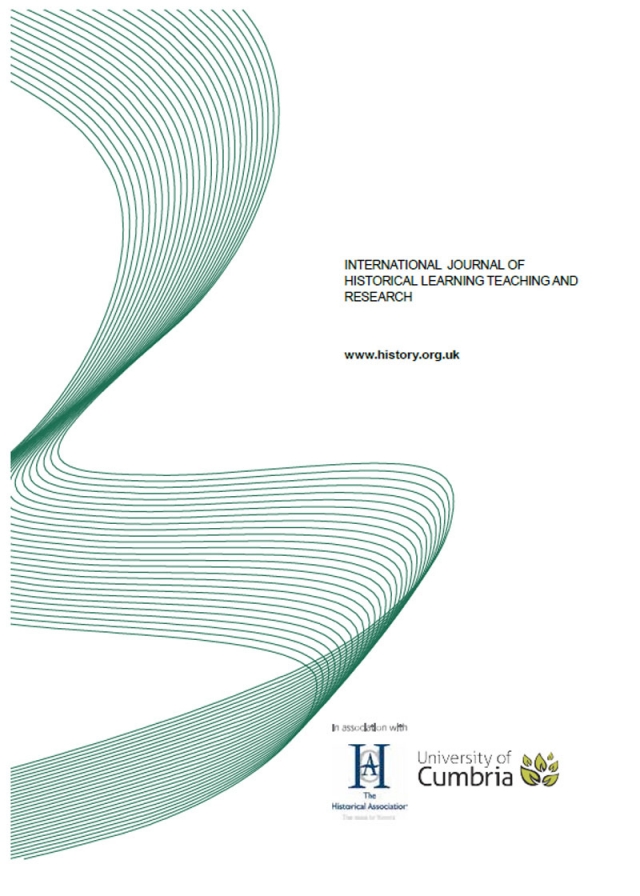“They Ought to Know the Achievements of the Ancient Greeks”
IJHLTR Article

The Views of Greek Prospective Teachers on the Educational Role of Archaeology
International Journal of Historical Learning, Teaching and Research [IJHLTR], Volume 15, Number 1 – Autumn/Winter 2017
ISSN: 14472-9474
Abstract
This paper focus on the role of archaeology and material culture in supporting national narratives for younger generations, examining the ideas and perceptions of prospective teachers of Greek Primary Education. Firstly, the contribution of archaeology to Greek society and its impact on Greek formal and informal education will be discussed briefly. Then, the quantitative and qualitative results of a research based on a detailed and extended questionnaire will be presented. The sample includes the opinions of 530 pre-graduate students attending Departments of Primary Education in Greece and focuses on their perceptions about:
- the meanings of archaeology to Greek society;
- background concerning the consumption of archaeological knowledge;
- ideas about the role of material culture on their national, local and supranational identity;
- attitudes towards presenting archaeology in Primary School;
- mythical and distorted perceptions of various aspects of the past dealing with material culture.
The research intends to provide evidentially based insights on the role of material culture as an important source of historical knowledge for young people, as a medium for constructing their narratives about the past and as appropriate knowledge to be taught at school. The study is part of a broader survey on the role of archaeology in Greek education conducted in the framework of the European funded project NEARCH (New scenarios for a community involved archaeology).
Introduction
In the field of academics, the division between history and archaeology as two distinct disciplines of the past is well established. Historians conduct their research and study the past mainly through the investigation of primary sources, predominantly written records, in order to create historical accounts, their interpretations. On the other hand, archaeology contributes to knowledge about the past through providing far-reaching access to the history of mankind from prehistory – where no written sources are available – to the present using material culture as the main source of evidence and interpretation. Nevertheless, the dominant epistemological framework that delineates a division between archaeology, as the study of artefacts, and history, as the inquiry of texts, is being challenged both on a theoretical and research level, such as in Classical Studies (Isaev, 2006; Sauer, 2004). Scholars are underlining the intersections, affinities and research traditions between history and archaeology and the need for intercommunication to derive greater knowledge about the past. At the school level, the knowledge obtained by historians and archaeologists appears in a more unified manner in the context of the historical courses provided in formal education. It is incorporated into curricula and teaching programmes, being described as “Social Studies”, “Civics” and “History” itself. In addition, textbooks – and other types of teaching material – provide all sorts of historical evidence, including artefacts, monuments, archaeological sites and museums.
Attached files:
- International Journal 15.1 - Kasvikis
1.32 MB PDF document

